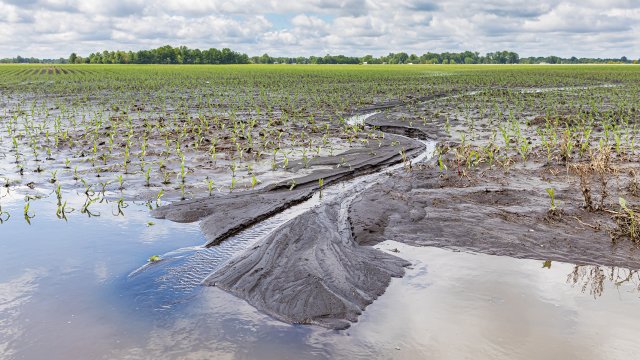Climate change is increasingly affecting global agriculture, with significant implications for food security, economic stability, and environmental sustainability. This article explores the multifaceted impacts of climate change on agriculture, the challenges it poses, and the strategies to mitigate these effects.
1. Rising Temperatures and Crop Yields
One of the most direct impacts of climate change on agriculture is the increase in global temperatures. Higher temperatures can lead to heat stress on crops, reducing yields and affecting the quality of produce. For instance, staple crops like wheat, corn, and rice are highly sensitive to temperature changes, and prolonged exposure to heat can significantly decrease their productivity.
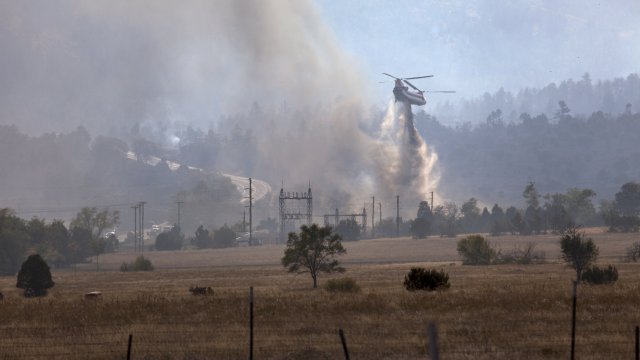
2. Changing Precipitation Patterns
Climate change is altering precipitation patterns, leading to more frequent and severe droughts and floods. These extreme weather events can devastate agricultural lands, either by causing water scarcity or by flooding fields and washing away crops. Unpredictable rainfall patterns also make it challenging for farmers to plan their planting and harvesting schedules.
3. Soil Health Degradation
Increased temperatures and changing precipitation patterns contribute to soil degradation. Erosion, loss of organic matter, and nutrient depletion are becoming more common, reducing the fertility of soils and their ability to support healthy crop growth. Poor soil health not only affects crop yields but also exacerbates environmental issues like desertification and loss of biodiversity.
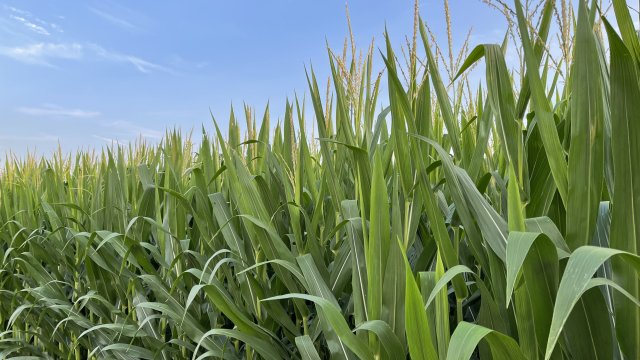
4. Pest and Disease Proliferation
Warmer temperatures and changing ecosystems create favorable conditions for pests and diseases to thrive. Crops are increasingly vulnerable to infestations and infections, which can spread more rapidly in a warmer climate. This not only threatens crop yields but also increases the need for pesticides, which can have further negative environmental impacts.
5. Impact on Livestock
Climate change also affects livestock production. Higher temperatures can lead to heat stress in animals, reducing their productivity, growth rates, and reproductive success. Changes in water availability and quality can impact livestock health and the availability of feed crops. These factors collectively threaten the sustainability of livestock farming.
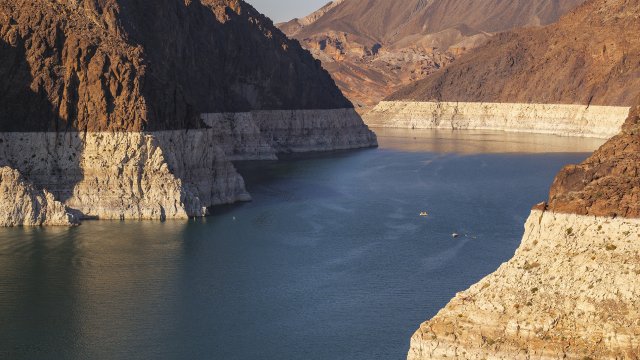
6. Economic Implications
The agricultural sector is a significant contributor to many economies, especially in developing countries. The adverse effects of climate change on agriculture can lead to economic instability, loss of livelihoods, and increased poverty rates. Farmers, particularly smallholders, are at high risk as they often lack the resources to adapt to changing conditions.
7. Food Security Challenges
Climate change poses a substantial threat to global food security. Reduced crop yields, livestock productivity, and fisheries affect the availability, accessibility, and affordability of food. This is particularly concerning for vulnerable populations who already face food insecurity and malnutrition.
8. Adaptation and Mitigation Strategies
To address the impacts of climate change on agriculture, various adaptation and mitigation strategies are being developed. These include:
- Climate-Resilient Crops: Developing and promoting the use of crop varieties that are more tolerant to heat, drought, and diseases.
- Sustainable Farming Practices: Implementing practices such as conservation tillage, crop rotation, and agroforestry to enhance soil health and reduce vulnerability to climate extremes.
- Water Management: Improving irrigation efficiency, rainwater harvesting, and water conservation techniques to cope with changing precipitation patterns.
- Technology and Innovation: Utilizing technology such as precision agriculture, remote sensing, and climate modeling to optimize farming practices and predict climate impacts.
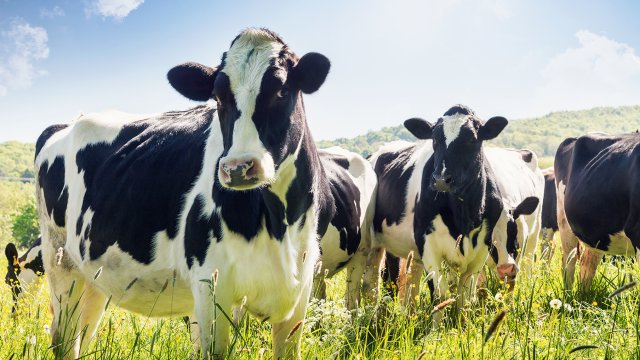
9. Policy and International Cooperation
Effective policy frameworks and international cooperation are crucial for addressing the impacts of climate change on agriculture. Governments and organizations must work together to provide financial support, share knowledge, and implement policies that promote sustainable agriculture and climate resilience.
10. The Role of Education and Awareness
Raising awareness and educating farmers about the impacts of climate change and adaptation strategies is vital. Extension services, training programs, and information dissemination can empower farmers to adopt sustainable practices and make informed decisions to safeguard their livelihoods and food production.
